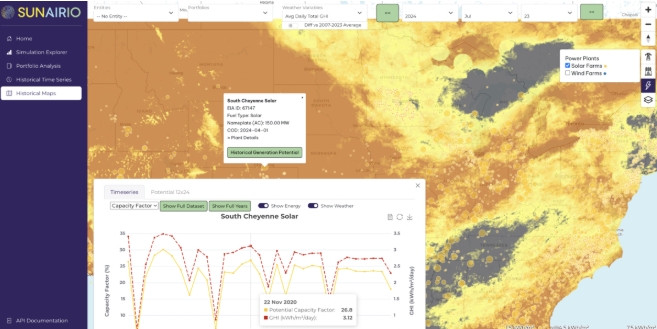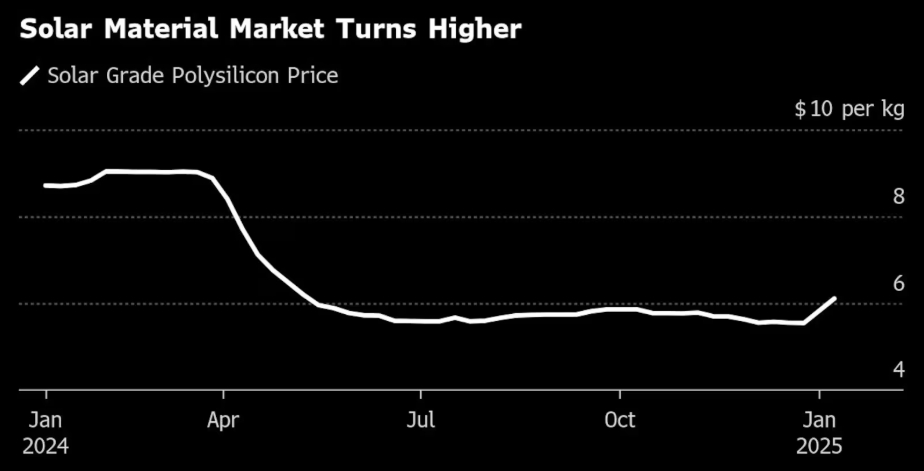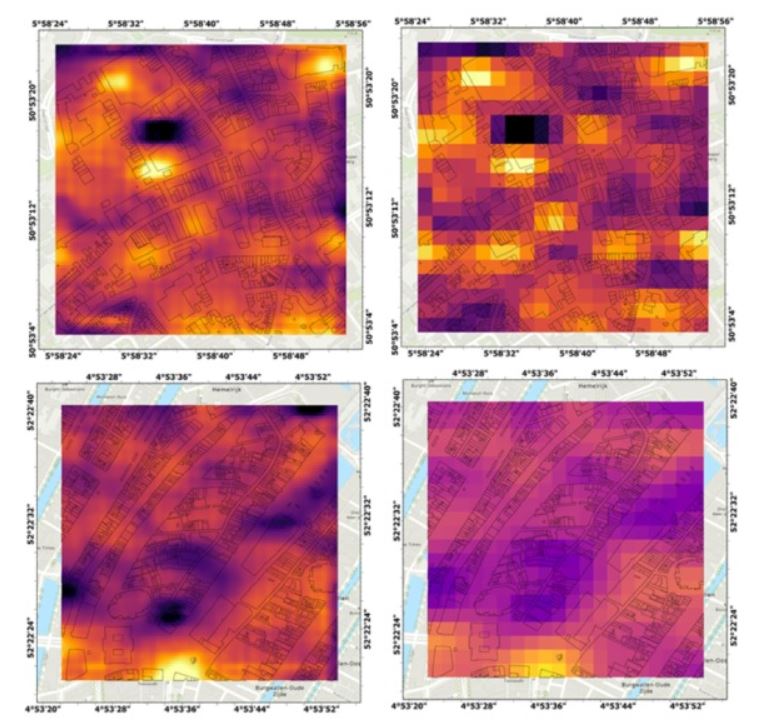
Analysis from energy market analytics firm Aurora has shown that negative price periods in Britain were six times more frequent in 2024 than in 2022.
The research company blames this increase, and the resultant concern being felt by renewable energy developers, on oversupply conditions driven by weak power demand combined with robust economic incentives, including the UK’s Contracts for Difference (CfD) scheme.
Early versions of the CfD scheme supported assets financially during times of negative prices and thus removing the economic incentive to curtail generation during times of excess supply.
Current CfD contracts do not support assets when prices drop below zero, which encourages a more flexible and responsive approach to generation that reduces oversupply. Similar oversupply conditions have also been seen in other major European markets, including Germany and the Netherlands, with legacy subsidy contracts there contributing to the increased number of negative price periods in Britain this year; imports drove the majority of negative price occurrences across 2024.
Power demand has fallen in Britain by over 20% since 2010, with improved energy efficiency and reduced output in the commercial and industrial sectors being the dominant cause of this.
Energy demand is set to increase with the electrification of society. However, Aurora notes that the adoption of electrification in key sectors, including transport and heating, has been disappointingly slow due to high costs, supply chain issues, and infrastructure constraints. The company notes that these pressures pose a significant threat to the net zero transition in the UK and also may discourage investment in renewable energy projects.
Despite these challenges for the industry, the battery energy storage (BESS) sector has been highlighted as a success story.
The increased frequency of negative price periods has improved margins for UK battery assets, and Aurora notes that the increased use of BESS to increase renewable energy flexibility is “vital” to net zero transition goals.
The increased importance of BESS is highlighted in other forecasts about future profits. As reported by Solar Power Portal, research agency Cornwall Insight has predicted that profits from BESS assets will rebound by 2026, following what has been called an “extended period of underperformance”.
Pranav Menon, research associate at Aurora Energy Research, says: “The increase in the number of negative price periods in the GB power market this year has caused significant concerns among developers and investors about the future profitability of renewable investments. Maintaining a conducive investment landscape for renewables requires an acceleration in the pace of electrification in sectors such as heat and transport, which is key to delivering economy-wide Net Zero, as well as focusing on improving system flexibility through storage.







